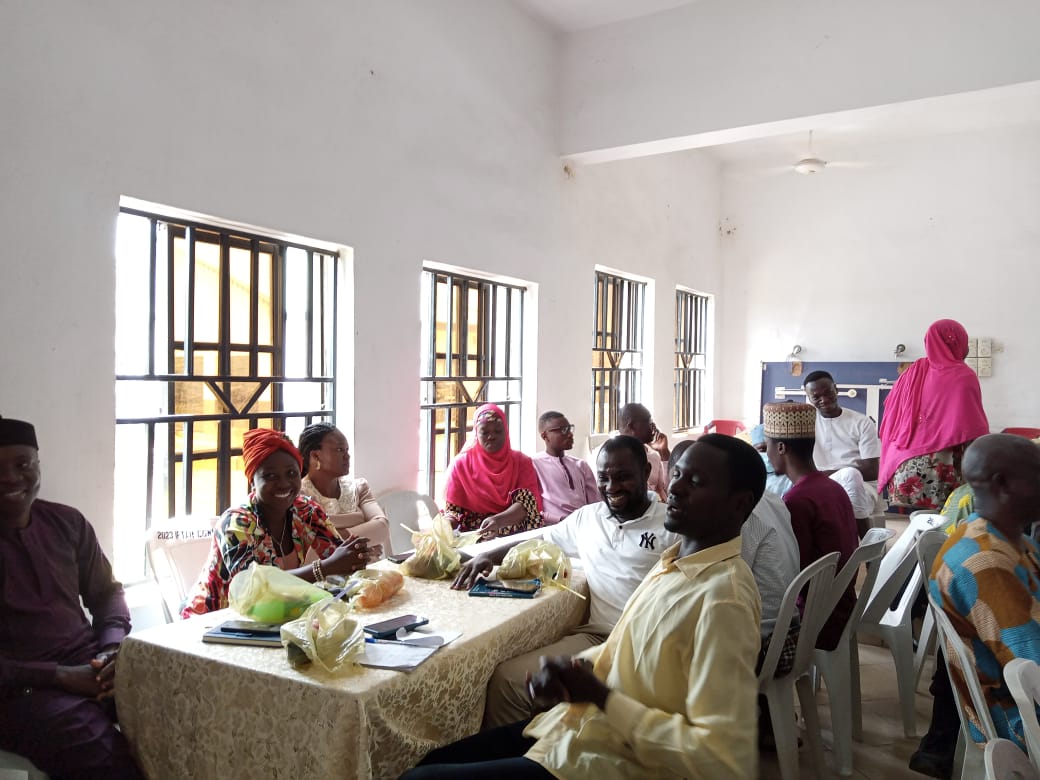Stakeholders have on Tuesday unanimously reiterated the need to have guidelines for the Regulation of Digital platforms as proposed by United Nations Educational Scientific and Cultural Organisation (UNESCO).
This was the core of submissions on Tuesday at an independent community-based forum organized by Daily Links Digital Media at the instance of Innovation for Policy Foundation (i4policy), which partners UNESCO using its arm, Internet for Trust Initiative.
Speaking at the event held at NUJ Press Centre, Offa Road in Ilorin, the Programme Coordinator, Mr Yemi Adụrotoye noted that the community-based consultation was to ensure deliberate and participatory processes towards having standard and globally acceptable Guidelines.
In his presentation titled Digital Content Management,
Dr. Lambe Kayode MUSTAPHA of the
Department of Mass Communication, University of Ilorin suggested the flagging of Constant Violators by in-built mechanisms using algorithmic and human moderators.
According to him, it is to ensure that users who violate the ‘rules of engagement’, after being educated and empowered about digital content, are flagged and considered as threat to digital space.
Also speaking on Ensuring Flexible Guidelines for Regulation of Digital Platforms in the Era of Emerging Technology,
Professor Rasheed Gbenga JIMOH of the Department of Computer Science
University of Ilorin stated that the regulation of digital platforms requires flexible guidelines to keep pace with emerging technologies.
He identified regular review, technology-neutral approaches, collaboration, sandbox environments, adaptive governance models, and international cooperation as essential strategies.
Dr David Ehindero, a foremost labour activist and one of the Resource persons also emphasised that the regulation of digital platforms is a complex and rapidly evolving area, as technology continues to evolve and the impact of digital platforms on society becomes more apparent.
Ehindero added that it may be appropriate to use a combination of principle-based documents and detailed regulations and guidelines will depend on the specific context and goals of the regulation, as well as the needs of the stakeholders involved in order to strike a balance between flexibility and specificity.
While discussing the UNESCO’s Version 3.0 Guidelines of Safeguarding Freedom of Expression
and Access to Information, other speakers and stakeholders also cautioned against hate speeches and fake news as well as other relevant issues.
